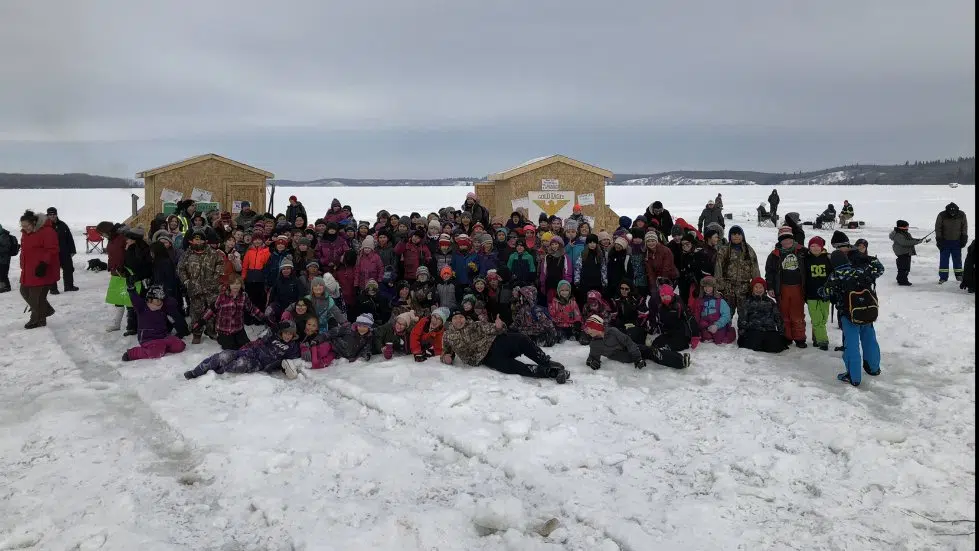
Land Based Learning Program brings multiple cultures together with fishing derby
It was a fun four days at Makwa Sahgaiehcan’s 2019 Land-Based Learning fishing derby.
Tuesday was their biggest and final day, with nearly 200 of the almost 520 students over the four-day event taking part. Students from across the area travelled to Makwa Lake for the educational event, which covered many aspects of the student’s curriculum, something the program specializes in.
Teachers said their students struggled to contain their excitement leading up to the event, and for the educators, they knew valuable knowledge was about to be gained. Spearheading it all is Delane Graham, the coordinator of the Land-Based Learning Program at Makwa Sahgaiehcan First Nation School (MSFNS).


